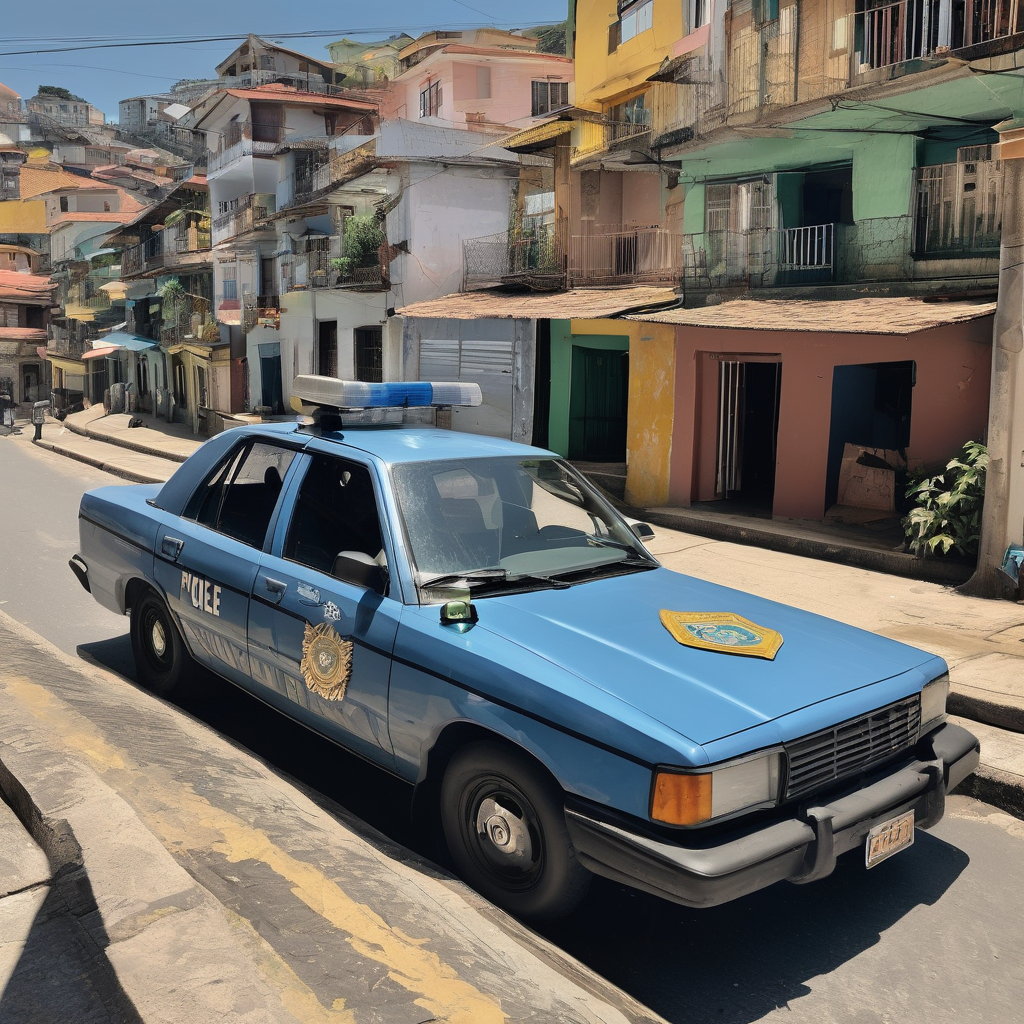At least 119 people lost their lives during a police operation in Rio de Janeiro, marking it as Brazil’s deadliest law enforcement action on record. The raid, executed against a major drug gang just one week before significant global climate events, involved extensive planning over two months and was aimed at pushing suspects into a strategically ambushed forested area by special operations units.
Victor Santos, the head of security for Rio state, confirmed the tragic toll, which included four police officers, and mentioned that the number of casualties could potentially increase to at least 132, based on reports from public defenders. Santos described the elevated fatalities as expected but undesirable, affirming that there was no connection between this violence and the upcoming United Nations COP30 climate negotiations set to take place in the city.
Residents in the Penha neighborhood responded to the violence by gathering the bodies of the deceased and displaying them along a main street. The scene was somber, with family members in mourning, echoing the deep grief across the community. One mother, Taua Brito, expressed her devastation, highlighting the emotional impact of the incident on local families.
The operation, the largest ever targeting the Comando Vermelho gang, aimed to control drug trafficking across various favelas. Authorities reported that 113 suspects were apprehended, along with the seizure of 118 firearms, all while the UN Human Rights office criticized Brazil for its trend of highly lethal police raids in marginalized communities, urging for immediate investigations.
Governor Claudio Castro defended the operation, claiming that the deceased were criminals firing upon police, calling the raids an assault against “narcoterrorism.” However, human rights advocates reported signs of torture among the victims, raising serious concerns regarding law enforcement’s methods and approach.
The situation prompted discussions at the federal level, with President Luiz Inacio Lula da Silva learning of the operation’s violent nature without prior notification. Following this shocking incident, plans to increase federal security presence in Rio were proposed in response to the public outcry.
This tragic event calls into question the broader struggles with police violence in Brazil and highlights the need for reform in law enforcement practices to ensure the safety and integrity of communities. While the immediate aftermath is marked by sorrow and protests, there remains a flicker of hope that thorough investigations and accountability will pave the way for change, fostering a commitment to human rights and safety for all.
